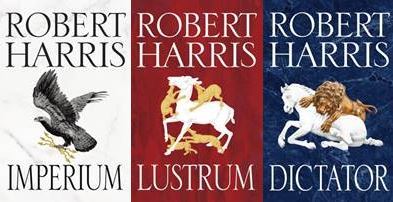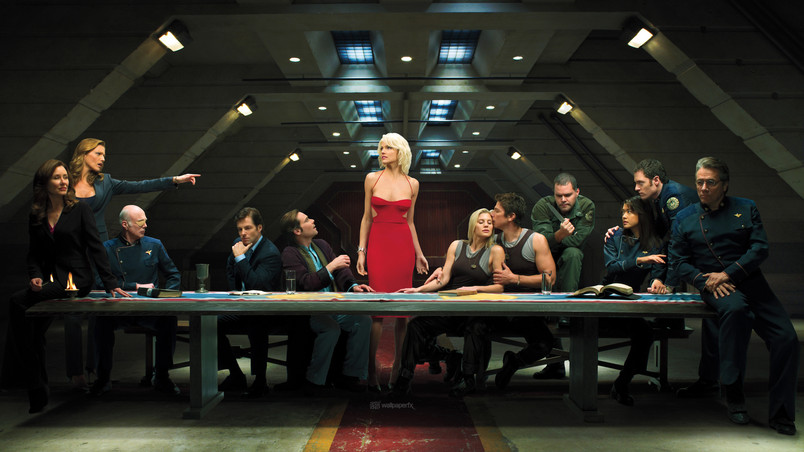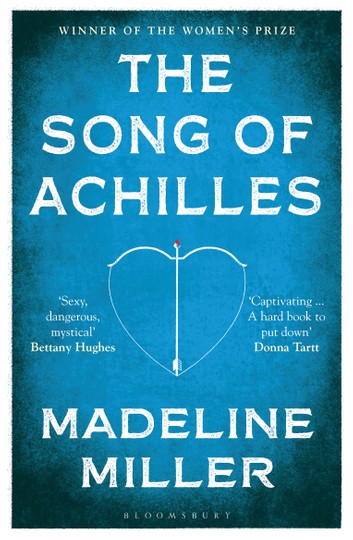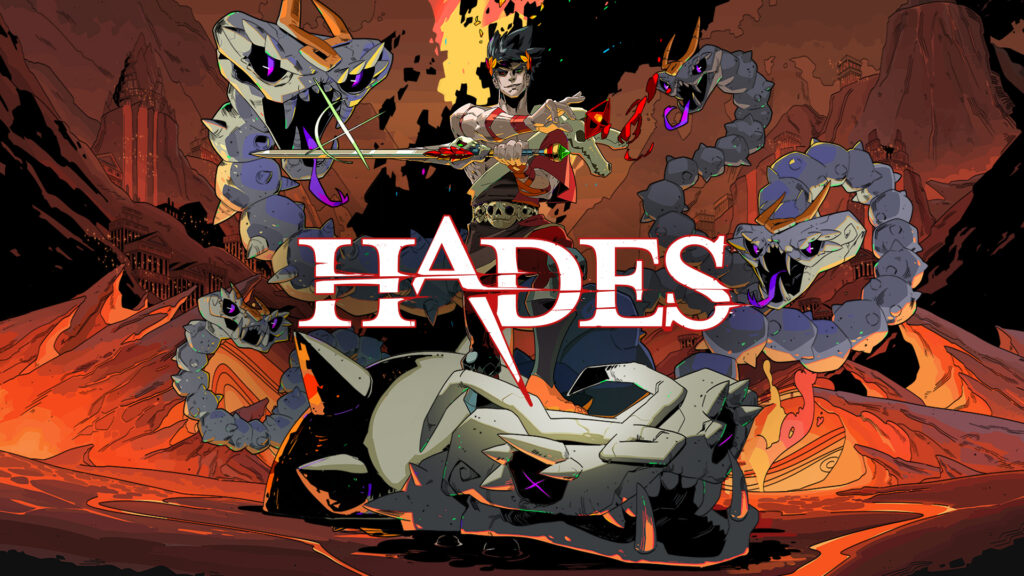As we’re big nerds on the hunt for that sweet, sweet blog content, it seemed high time we did some sort of ‘top picks post’ regarding the Classical world in print and on screen. Not just content to list our favourite media representations of Greece and Rome (though don’t worry, we’re going to do that too!), we also wanted to talk about Classical Reception Studies.
Now, in the context of ‘Classics’ as an academic discipline that has existed for millennia, Classical Reception Studies is the new kid, barely a generation or two old (which is fine because neither are we!). But works of ‘Classical Reception’ are not new. Let’s first define that: a piece of Classical Reception media (to use the broadest word – this could be film, print, music, art, architecture etc) is one that portrays, represents and responds to the ancient world, as opposed to being a piece of media from the ancient world (big ol’ caveat here, see below).
Shakespeare is a good example (is he ever not?). Plays like Coriolanus, Julius Caesar, Pericles and Timon of Athens are set in and about Ancient Greece and Rome but were written in a completely different space and time (16th/17th Century England); they are portrayals of the Ancient World. These portrayals come with lots of interesting tensions. Historical accuracy is an obvious one – did the events of Julius Caesar’s death (‘et tu, Brute?’) really happen the way that Shakespeare has them play out? But honestly that’s the boring bit of the reception discussion. Historical accuracy is an interminable debate that derails many a good piece of work by being built on the loaded assumption that anything can ever be historically accurate (even bona fide ‘histories’ – I’m looking at you Herodotus, you and your gold-digging ants…). Perhaps one should work with a sliding scale. Regardless of whether a media-maker has sought to be very accurate or hasn’t given a sod about accuracy, you’ve got to follow the caveat that even the ‘very accurate’ is…yeah, complicated (look up the ‘Tiffany problem’ for an even bigger headache!).
The more interesting bit of reception is the contemporaneous elements a media-maker brings to their Classical inspired work. Language is an easy example. Shakespeare’s Julius Caesar is not written in Latin; it’s written in Elizabethan English. Now you might say ‘duh’ and yeah, duh, his audience didn’t speak Latin either (for the most part, and even those who did would have spoken a Latin entirely different to Caesar’s), but this is not a simple case of ‘what would have been said’ translated into English. There is a huge amount of contemporaneity – our assumptions, biases and perspectives – coded into the language too. That’s part of every translator’s mammoth task. For example, Julius’s ‘dictatorship’ would have wildly different connotations to the republican Romans of his own time, to Shakespeare’s contemporaneous audience living in under an Elizabethan monarchy, and again to us moderns living under a democracy.

Julius Caesar at the Bridge Theatre, London –
hands-down the best version we’ve ever seen!
This is a roundabout way of saying that works of Classical Reception often tell you much more about their contemporaneous period than they do about the Classical World itself. The Classical World is a lens (whether the media maker-means for it to be or not). This is even more fascinating when one thinks about the number of appeals to the Classical past in modern discourse that have nothing to do with novels/plays/etc, especially Politics – after all, it’s not called the ‘Senate’ in the US for nothing.
We’re onto politics now which is a long way from me getting hype about Maximus Decimus Meridius in Gladiator (2000) which is where I intended for this to go, so let’s go back a few steps and pick up the caveat from earlier. I said that Classical Reception is media about the ancient world, not from it. But ‘hey’ you might say, ‘Euripides wasn’t doing anything different to Shakespeare. Here’s some bloke from 5th Century BC Athens writing about the Trojan War in the 12th Century BC.’ And yep, you’d be right. That’s a form of reception too. And even better, when Shakespeare is writing about the Ancient World, he’s riffing heavily off Classical playwrights – it’s a big old reception onion. And to really go full Inception on this thing, when modern academics and translators work on Euripides, they can’t help but bring their own contemporaneous biases, perspectives and assumptions about the nature of playwriting, all of which could be heavily informed by Shakespeare to the Euripidean text. After all, Shakespeare is the world’s most famous scribbler.

MindExplosion.gif
Want proof? – take an old (we’re talking pre-1900s usually) translation of any Euripidean play – it reads awfully like a Shakespeare play, almost like the person translating is convinced that’s how all plays should sound, even though Shakespeare was aping Euripides in the first place.
Caveat number two: I’ve just slagged off pre-1900s translators, as if later translators don’t do the exact same thing. They do. They really do. Emily Wilson’s 2018 translation of the Odyssey does a great job of showing how even 21st Century translators were bringing their gender-biases to the text in regard to the Ithacan servant girls (among myriad other things). And no doubt, Wilson’s bringing her own.
This is what makes Reception Studies a really fertile ground: study of the reception of the Classical can help inform study of the actually Classical. And the above is just one long, very messy (slightly butchered, sorry academe!) example of a single strand within Classical Reception Studies, and mostly focused on plays. There’s a whole world of fascinating research out there (and not just on the Ancient World) so go check it out.
Anyway, one ramble later, onto that obligatory #Buzzfeed listing! We’ve done three reception works of (broadly) Greece and three of (broadly) Rome:
ROME:
Gladiator (2000)
I just wanted an excuse to say the ‘father to a murdered son, husband to a murdered wife’ speech really. Hardly a controversial pick but I think a worthy one given no film has quite managed to capture imperial Rome to the same extent since (which is ironic given – SPOILER WARNING – Russell Crowe brings back the Republic single-handed at the end). Soundtrack is bombing too; if you’re not blasting ‘Now We Are Free’, you’re doing it wrong.

Cicero Trilogy (Imperium, Lustrum, Dictator) (2016) by Robert Harris
Robert Harris’s Cicero trilogy tracks the life, political ascendency and ultimately death (sorry, spoilers again: Cicero doesn’t live happily ever after) of Rome’s most famous rhetorician. In doing so, it tracks the major moments of the Republic’s fall, culminating with the Second Triumvirate. Harris’s Cicero is engaging, smart and cunning but also deeply flawed – arrogant, boastful, moody and carrying more than one chipped shoulder. The trilogy is narrated by his slave, amanuensis and ultimately confidant, Tiro (of shorthand notation fame), another hugely interesting character. Harris is so well researched that many an academic/teacher of Rome has pointed to the trilogy as a key piece of revision for students. These are reads that we cannot recommend more highly.

Battlestar Galactica (Reimagined Series, 2004)
Perhaps an initially incongruous addition to this list, Battlestar Galactica has more than a little Classical pedigree. On the shallowest level, its polytheistic religion is that of the Ancient World: gods such as Hera, Ares and Zeus (known in the series as the Lords of Kobol). But go a bit deeper and the plot is an allegory of the Aeneid: the trials and tribulations of survivors fleeing their ruined homeland, journeying to find a new homeland and centred around the father-son relationship of a military dynasty. Except it’s in space. The Cylons aren’t quite the Argives, but their own competing story to the humans, where they deal with the implications of the atrocity they have committed, does work as something of a mirror to the canon of Greek stories that follow the Trojan War. As it brings together high-concept sci-fi with the Ancient World – and some character arcs that are just sublime – this probably holds the top spot in any best of TV list for me (Andrew).

GREECE
Troy (2004)
A slightly more controversial choice given Troy didn’t exactly win laurels for itself upon release in the way that Gladiator did but as far as we’re concerned, no Ancient Greek sword-and-sandal has managed to capture the grandeur and stakes of the Trojan War. It’s also interesting because, although it’s questioned for making changes from the official story (i.e. the Iliad) – by removing the gods, killing off characters etc – those changes live entirely within the oral poetic tradition of which the Iliad is a part. It’s also got a stellar cast (like bonkers-ly so) that has led to this amazing gif.

Song of Achilles (2011) by Madeline Miller
Madeline Miller creates a hauntingly beautiful retelling of the Trojan War from the point of view of Patroclus. She unashamedly casts him as Achilles’s lover, a reading of the Iliad that has long-needed to be told. Her portrayal of the gods is also brilliant with Thetis a menacing antagonist. In short, it’s just such a go-to piece of classical reception and another recommendation of many a Classics teacher.

Hades
We thought it would be good to throw a bit of a curveball here, you know, medium-wise. Hades is a recently released game about the son of Hades trying to escape his father’s plans for him as a chthonic administrator and instead meet his mother and family on Olympus. Quite apart from being a brilliant hack-and-slash game that has brought a whole new approach to the grind of the rogue-like genre, Hades manages to have the sort of characterisation that games rarely achieve. The squabbling, vindictive and entirely flippant nature of the Greek gods is front and centre, and the domesticity that defines their appearances in the Iliad and Odyssey is captured to a tee (an achievement that’s remarkable given the medium).

So those are our top picks for Classical Reception of Greece and Rome. We’d love to hear about your favourite Classical Reception pieces, so let us know on Twitter, Facebook or Instagram!